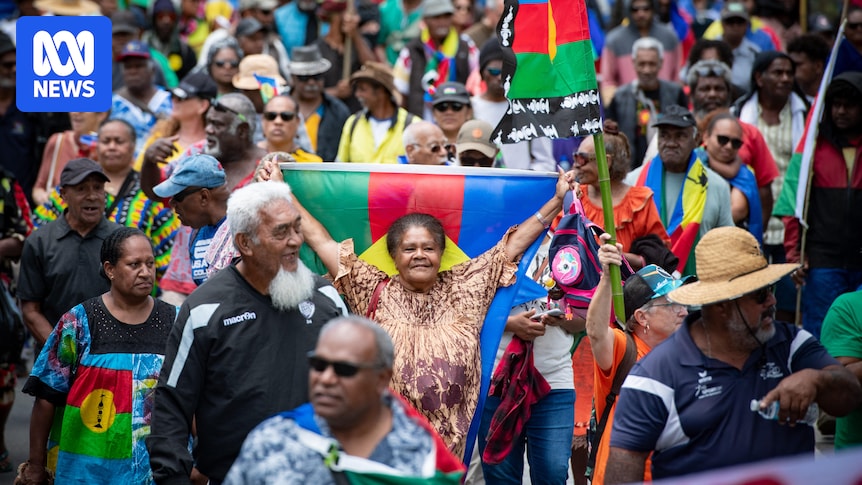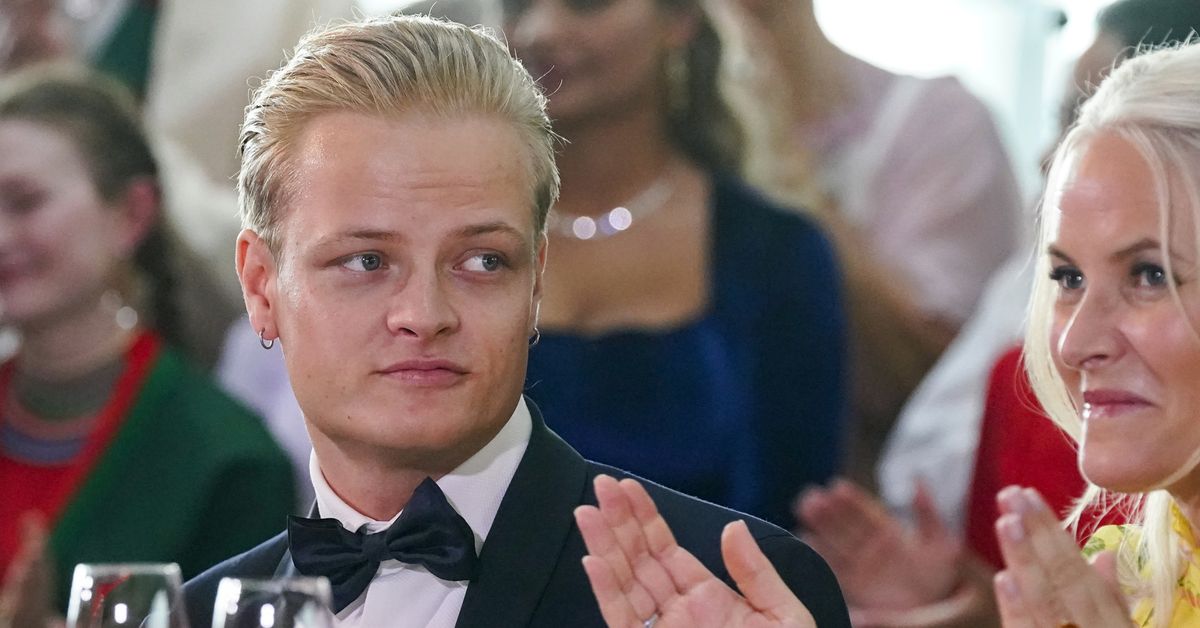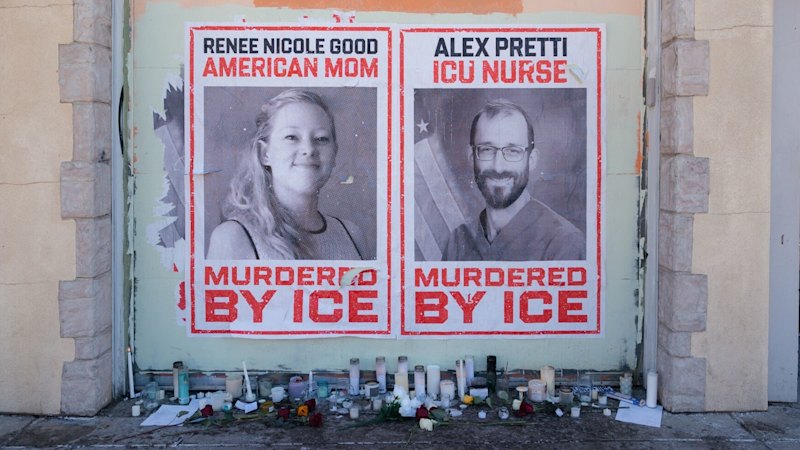
French President Emmanuel Macron has described a new agreement for New Caledonia as a historic “new chapter,” marking a potential end to the turmoil that has plagued the Pacific territory. The proposal, emerging from extensive negotiations near Paris, aims to address the contentious issue of independence from France by establishing a “state of New Caledonia” within the French Republic, complete with its own nationality.
Macron expressed hope that this agreement would foster a peaceful relationship between New Caledonia and France, calling it a “bet on trust.” However, the draft stops short of full independence, requiring significant concessions from both pro- and anti-independence factions. Observers caution that despite Macron’s optimism, the path to implementation remains fraught with uncertainty, hinging on a February referendum in New Caledonia.
Background of the Conflict
The journey to this agreement has been long and arduous. New Caledonia, a territory of strategic importance near Australia, has been embroiled in debates over its future status. After three referendums, the most recent of which was boycotted by pro-independence groups, failed to resolve the issue, tensions escalated into violence last year.
Efforts to bring both sides to the negotiating table resumed in February, a significant achievement in itself. French officials, including Overseas Minister Manuel Valls, played a crucial role in facilitating dialogue. Despite initial setbacks, the talks gained momentum in Bougival, near Paris, culminating in the draft agreement announced at the Elysee Palace.
Details of the Agreement
The 13-page document outlines the creation of a “state of Caledonia” within France, a status to be enshrined in the French constitution. This new arrangement would allow for a distinct Caledonian nationality, alongside French citizenship. The agreement also proposes an economic recovery plan, focusing on revitalizing New Caledonia’s nickel industry.
A special congress will determine further steps, potentially expanding New Caledonia’s sovereignty in areas like international affairs and justice. However, full independence remains off the table, with France retaining significant influence over foreign policy decisions, particularly concerning the territory’s valuable nickel reserves.
“There’s absolutely no precedent in French law — and this whole deal is framed in French law,” noted Pacific journalist Nic Maclellan, highlighting the unique nature of the arrangement.
Reactions and Challenges Ahead
The agreement has elicited mixed reactions. Macron and the negotiating parties have praised it as an “intelligent compromise.” Emmanuel Tjibaou, a pro-independence leader, believes it offers a path out of violence, while anti-independence politician Nicolas Metzdorf acknowledges the concessions made.
However, the proposal faces significant opposition. Some anti-independence leaders argue it undermines French unity, while certain pro-independence activists feel excluded from the process. Social media has become a battleground for dissent, with figures like Brenda Wanabo-Ipeze and Melanie Atapo expressing dissatisfaction.
The agreement must now gain approval from France’s National Assembly and survive the upcoming referendum in New Caledonia. The task of selling the deal to a skeptical public falls to local political leaders, who must navigate deep-seated divisions.
Looking Forward
The road to peace and stability in New Caledonia remains uncertain. The agreement represents a significant step, but its success depends on bridging the gap between opposing factions and securing widespread support. As leaders return from Paris, they face the daunting challenge of convincing the public of the agreement’s merits.
While the draft may offer a framework for progress, the real test lies in its implementation and the ability to address the concerns of all New Caledonians. The February referendum will be a critical juncture, determining whether this historic “new chapter” can indeed bring lasting peace and prosperity to the territory.





